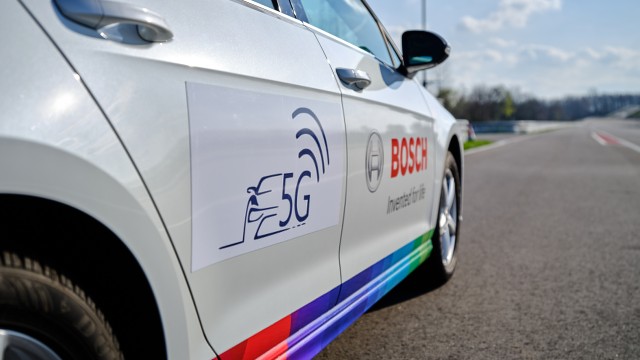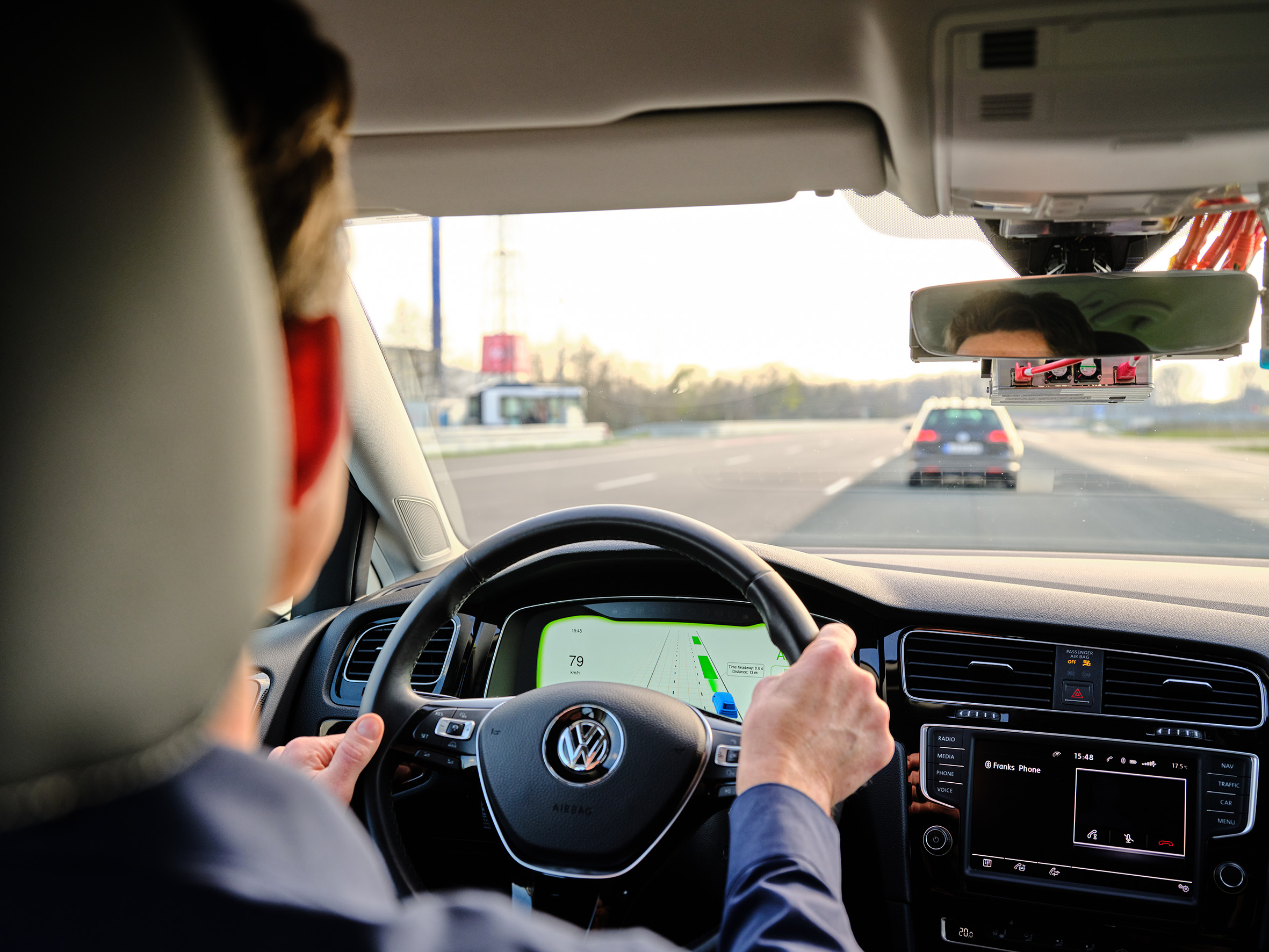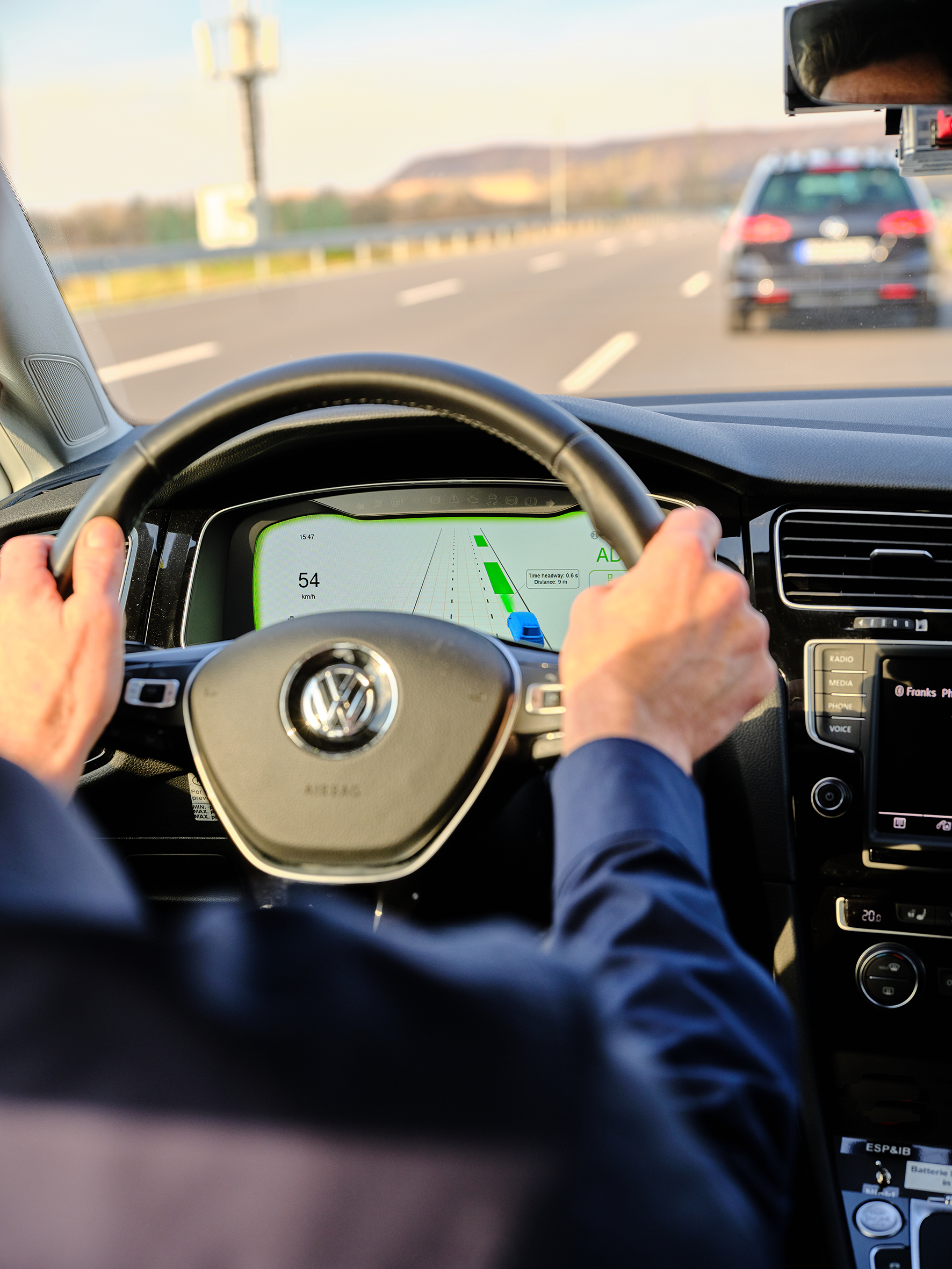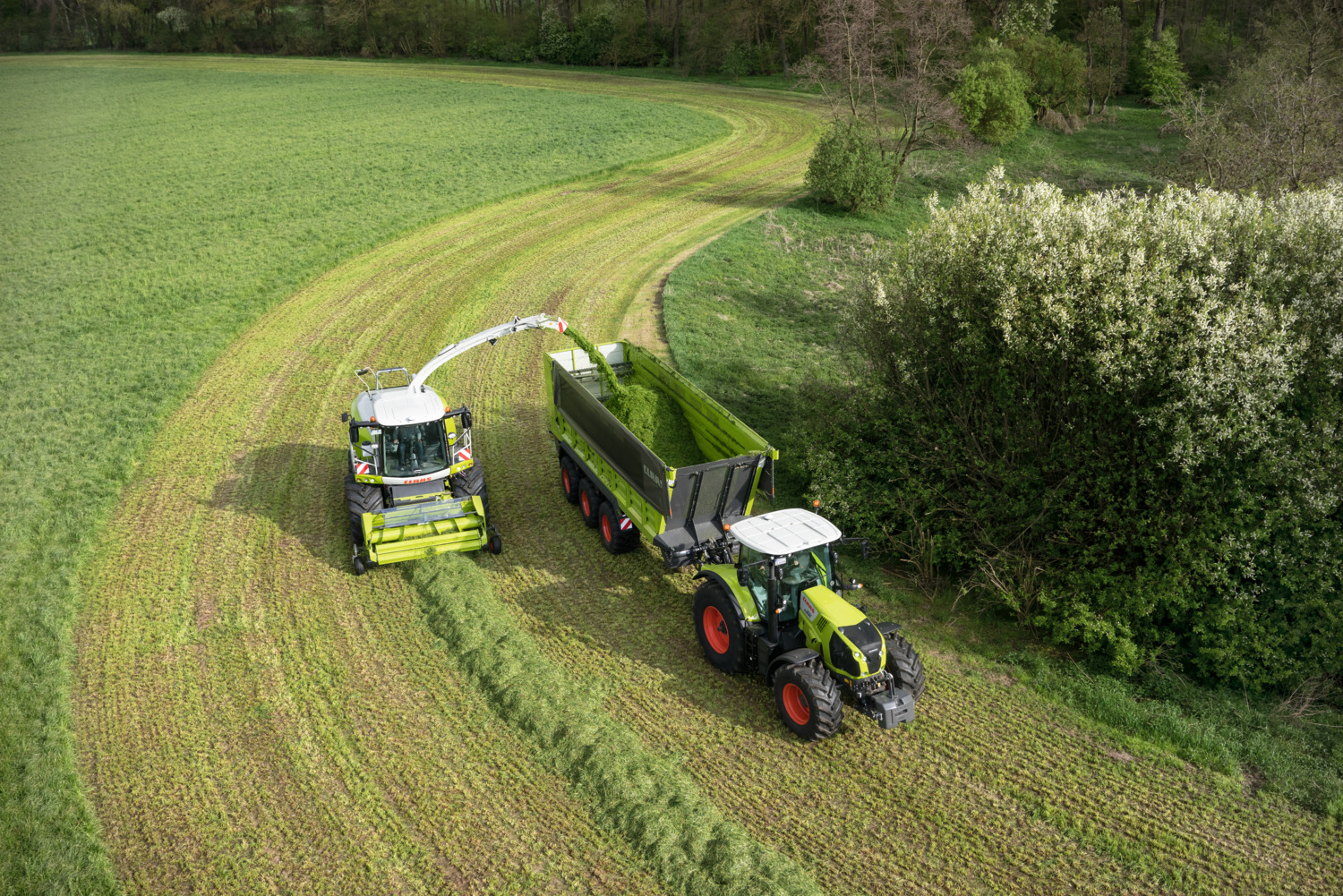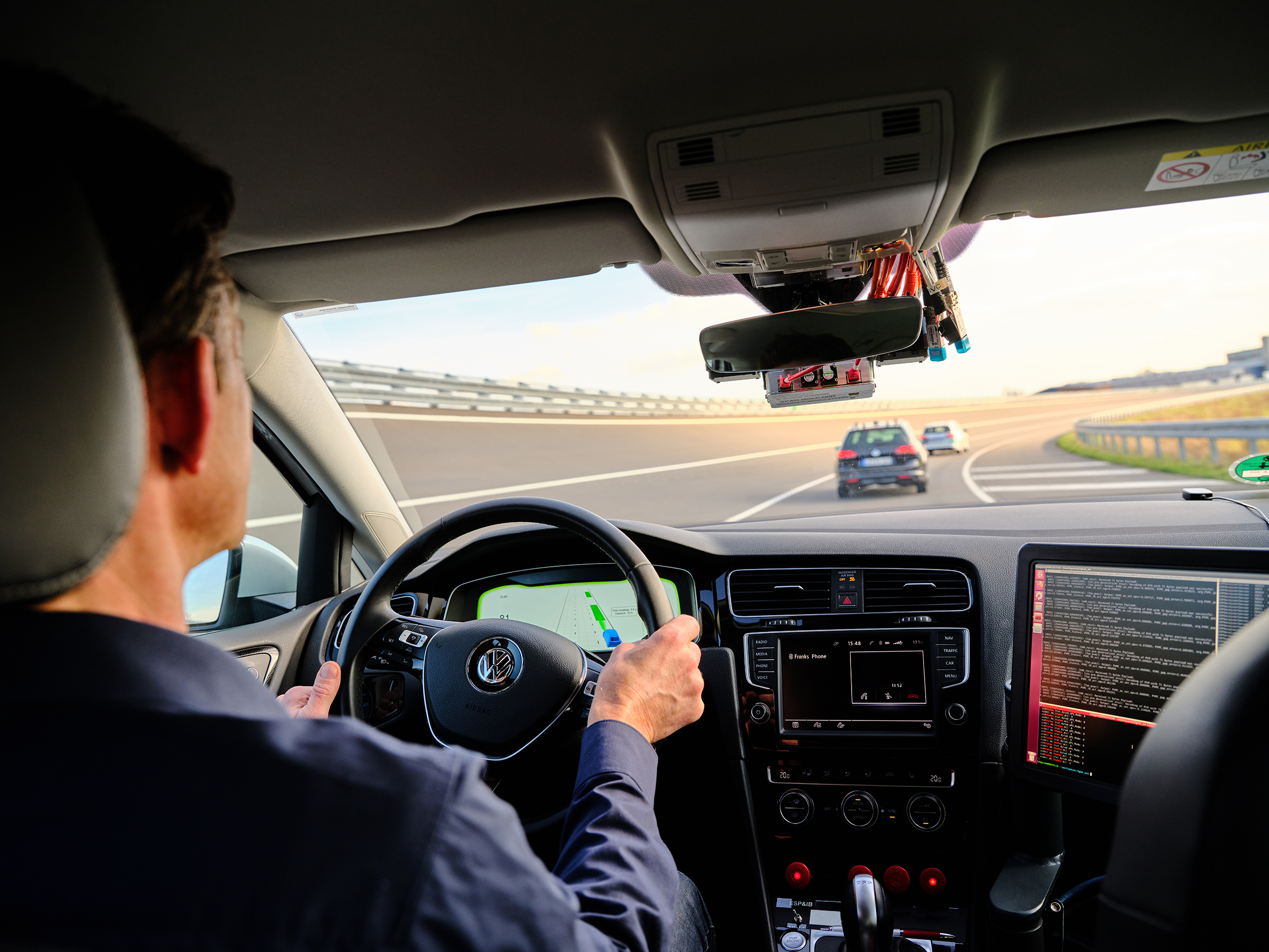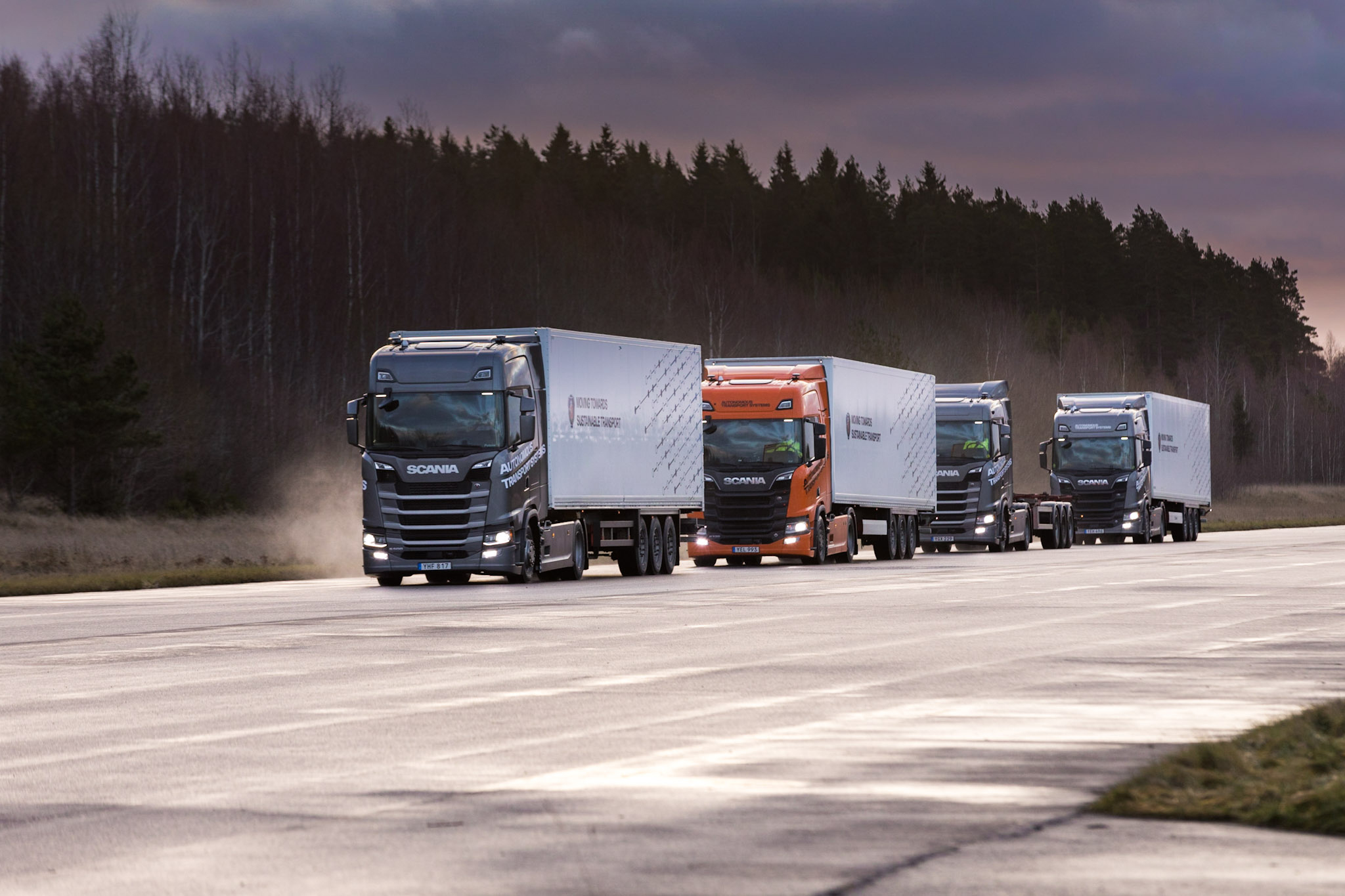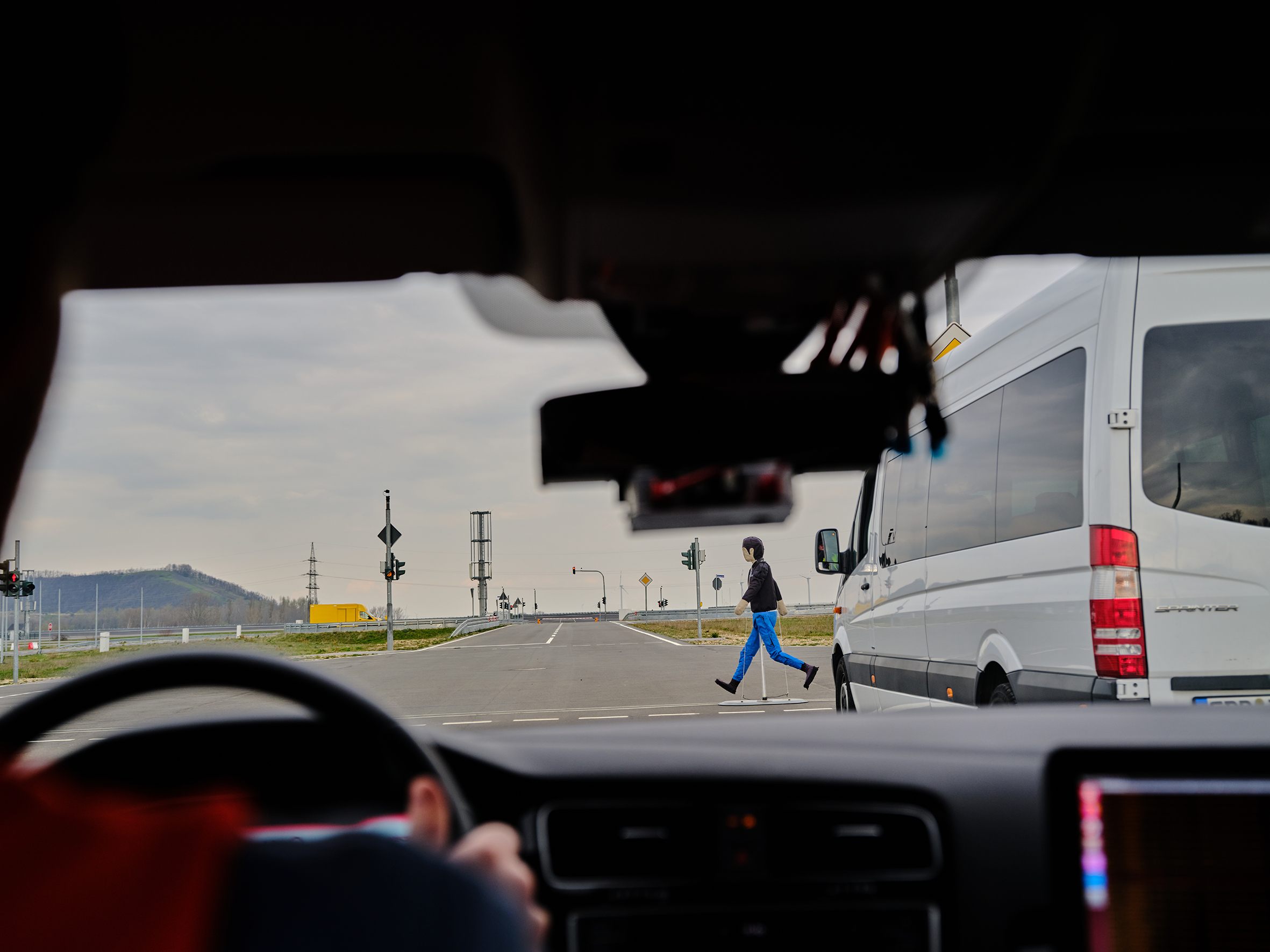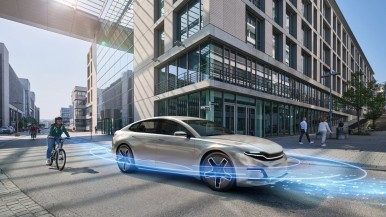Stuttgart and Hildesheim, Germany – Safer, more convenient, greener: connected vehicles that can communicate with roadside infrastructure in real time reduce emissions and the risk of accidents. This communication requires a stable and reliable data link provided by high-performance 5G, the new fifth-generation wireless technology for cellular networks, or by Wi-Fi-based alternatives (ITS-G5). Sixteen research institutions, medium-sized enterprises, and major players have been working toward this goal over the past three years in the 5G NetMobil research project. They are now presenting their results which will enable major strides for a new era in mobility. “With the 5G NetMobil project, we have achieved decisive milestones on the road to fully connected driving and are demonstrating how modern communication technologies can make our road traffic safer, more efficient, and more economical, all at the same time,” says Thomas Rachel MdB, parliamentary state secretary in the German Ministry of Education and Research. His ministry had funded this research project with 9.5 million euros. The groundwork done in this project in the areas of networks, security, and communication protocols now underpins efforts to standardize specifications, develop new business models, and ramp up the partners’ first production runs.
Link to project website
Mobility is the largest Bosch Group business sector. It generated sales of 55.8 billion euros in 2024, and thus contributed around 62 percent of total sales. This makes the Bosch Group one of the leading mobility suppliers. Bosch Mobility pursues a vision of mobility that is safe, sustainable, and exciting. For its customers, the outcome is integrated mobility solutions. The business sector’s main areas of activity are electrification, software and services, semiconductors and sensors, vehicle computers, advanced driver assistance systems, systems for vehicle dynamics control, repair-shop concepts, as well as technology and services for the automotive aftermarket and fleets. Bosch is synonymous with important automotive innovations, such as electronic engine management, the ESP anti-skid system, and common-rail diesel technology.
The Bosch Group is a leading global supplier of technology and services. It employs roughly 412,000 associates worldwide (as of December 31, 2025). According to preliminary figures, the company generated sales of 91 billion euros in 2025. Its operations are divided into four business sectors: Mobility, Industrial Technology, Consumer Goods, and Energy and Building Technology. With its business activities, the company aims to use technology to help shape universal trends such as automation, electrification, digitalization, connectivity, and an orientation to sustainability. In this context, Bosch’s broad diversification across regions and industries strengthens its innovativeness and robustness. Bosch uses its proven expertise in sensor technology, software, and services to offer customers cross-domain solutions from a single source. It also applies its expertise in connectivity and artificial intelligence in order to develop and manufacture user-friendly, sustainable products. With technology that is “Invented for life,” Bosch wants to help improve quality of life and conserve natural resources. The Bosch Group comprises Robert Bosch GmbH and its roughly 490 subsidiary and regional companies in over 60 countries. Including sales and service partners, Bosch’s global manufacturing, engineering, and sales network covers nearly every country in the world. Bosch’s innovative strength is key to the company’s further development. At 136 locations across the globe, Bosch employs some 82,000 associates in research and development.
Additional information is available online at www.bosch.com, www.bosch-press.com.
